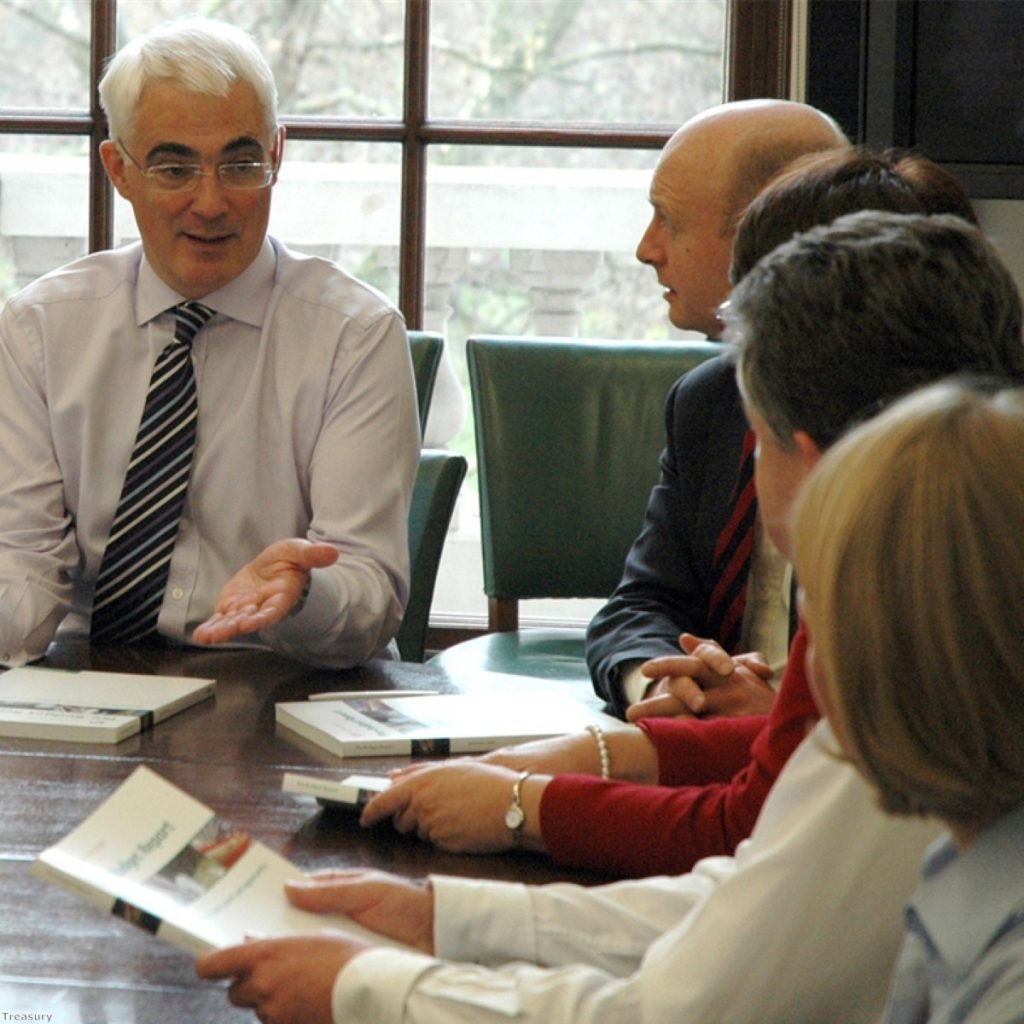PBR analysis: A ‘pre-election’ report
Both Alistair Darling and George Osborne repeatedly talked of the “choice” facing the British people. As the shadow chancellor put it, it’s the election rather than the Budget which everyone is focusing on.
This is bad news for the Conservatives. The entire basis of Labour’s strategy, at every level, is to put off the bad news until after polling day.
As Darling announced protection for frontline services it was hard to remember quite how dire the current situation is.


“We take these decisions from a position of strength,” the chancellor said at one stage. He was referring to Britain’s historically low current levels of debt. But the Tories roared with a combination of rage and laughter, backed up by Osborne’s later judgment that Labour had “lost the authority to govern”.
Darling’s PBR has garnered significant support from the backbenches. The earnest fervour with which they ‘hear-heared’ his statement that “to cut support now could wreck the recovery” was proof enough of that. Labour is united by the refusal to “let people sink” in a recession.
Despite this, its focus was inevitably on the coming election. “The biggest burden will fall on those with the broadest shoulders,” Darling said. This applied to the bankers’ bonuses tax, of course, but it also reflected wider commitments.
“The choice facing the country now is between securing recovery or wrecking it… a choice between ambition driven by the values of fairness and opportunity, or austerity driven by an outdated dogma.”
Osborne, too, was happy to raise the prospect of a “choice” facing the British people. But his response contained the seeds of frustration which are beginning to take root on the opposition frontbench.
“Why is it not the time for a comprehensive spending review?” he asked, in a somewhat futile gesture. There was a CSR before the 2001 election. There was a CSR before the 2005 election. Why not have one now? Darling and Brown sat smiling placidly.
“They are not being honest with the British people,” Osborne scowled.
The Tories are edging towards a surfeit of honesty. This afternoon they began briefing that higher taxes and higher interest rates must be expected as a result of Labour’s failure to take tough decisions.
The strategy of “honesty” was a fundamental theme of the shadow chancellor’s speech to the Tory party conference in Manchester. Since then questions have been raised about the sagacity of this frankness. A diminishing lead in the polls suggests the public might prefer Labour’s wooing, after all.
“Our priority is to protect those services which are absolutely essential to the health of our society and the strength of our economy,” Darling purred.
Even after 12 years in government, it’s still not clear the public will prefer the Tories’ cold “austerity” alternative. If Britain emerges from recession as 2010 gets underway the public appetite for hard cuts is only likely to diminish further.

